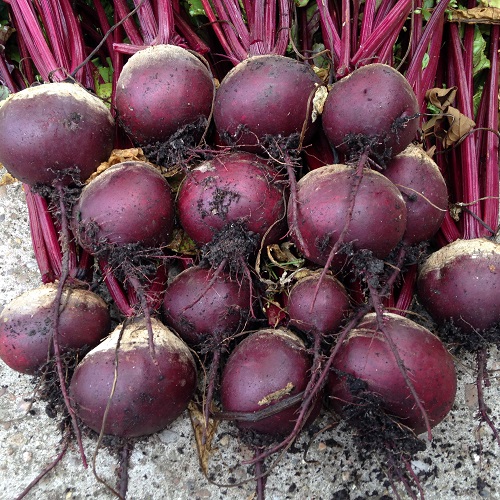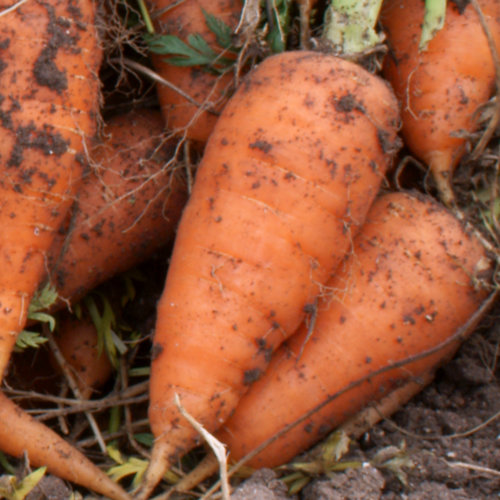Customer Reviews
Be the first to Write a Review for this item!
Customers who bought this item also bought:
Beetroot Boltardy£0.99
£0.79
Beetroot Boltardy is the most popular variety for early and.....
Average Contents : 350 seeds
Carrot Chatenay Red Core£0.89
£0.29
Chatenay Red Core is regaining popularity due to its exceptionally.....
Av. Packet Contents : 500 seeds


